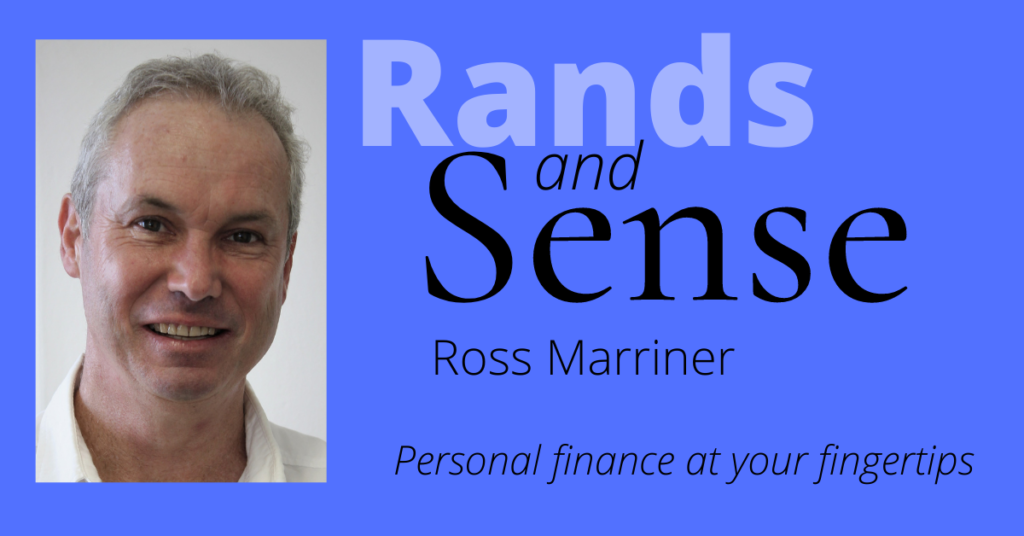By Ross Marriner
The words “saving” and “investing” are often used interchangeably, but there is a big difference between the two. You invest a portion of your income in order to grow your wealth over the medium to long term, and you save to take care of emergencies and shorter-term commitments. It is highly unlikely that you will become wealthy just by saving. The philosophy associated with the act of saving is very different to that of investing.
Saving is the act of putting money away for unexpected eventualities or for future purchases. You should be able to access this money relatively quickly and easily. This is money that you deposit with a bank or other financial institution where it will earn interest in a fixed deposit, money market or savings account. There is usually very little risk associated with money saved in this type of account. Such a fund is ideal for emergencies or when money is required for a specific purpose, such as the purchase of a new appliance or to pay for a dream holiday. The primary focus of saving should be on the availability of funds, with less emphasis being placed on the amount of interest earned. Many studies have shown that the returns achieved from cash-type accounts very seldom keep pace with inflation over time.
Investing involves the purchase of assets in order to increase your wealth over the longer term. This will allow you to achieve long-term goals, such as the accumulation of sufficient capital to enable you to enjoy a comfortable retirement. Investments are made with the expectation that the value of the assets will appreciate considerably over time. Investing involves a higher degree of risk, but wise investments have the potential to deliver returns far higher than the rate of inflation, thereby increasing your wealth.
There are many types of investments, ranging from the purchase of a physical asset such as your home to purchasing financial instruments such as shares, retirement annuities, tax-free investments or unit trusts. It is always sensible to construct a well-diversified portfolio of investments, as this will enable you to spread your risk across a wide range of investment classes. Any investment should only be undertaken with a great deal of caution, research and, where possible, the support and counsel of an expert in the field. There are many investment opportunities that appear to be too good to be true. These should be avoided at all costs; if it seems too good to be true, it invariably turns out that way!
While saving and investing are different strategies, both have an important role to play in your overall financial plan. A Certified Financial Planner® will be able to assist you to construct a plan that includes both a component for saving for short to medium-term goals and investments to grow your wealth over the long term.
Rands and Sense is a monthly column written by Ross Marriner, a CERTIFIED FINANCIAL PLANNER® with PSG Wealth. His Financial Planning Office number is 046 622 2891.


